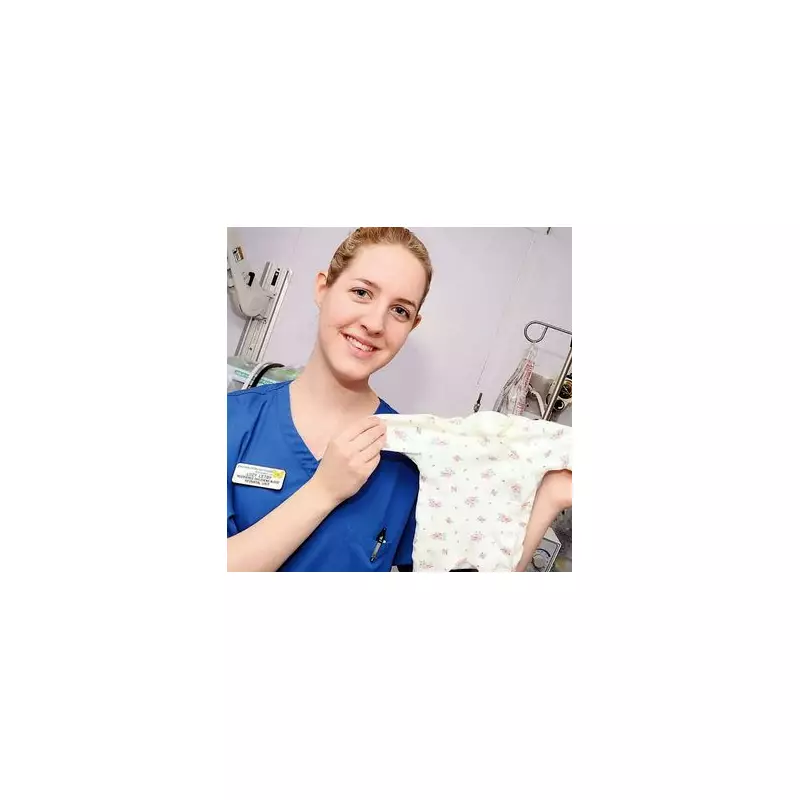
The conviction of neonatal nurse Lucy Letby for the murder of seven infants continues to generate intense debate, with a growing number of supporters challenging the verdict. As the former Countess of Chester Hospital employee serves her whole-life sentence, campaigners have put forward several compelling arguments questioning the safety of her conviction.
Five Key Arguments from Letby's Supporters
1. The Absence of Direct Evidence
Campaigners emphasise that no physical evidence directly links Letby to the alleged murders. Unlike typical murder cases where weapons, DNA, or forensic proof connects the accused to the crime, prosecutors relied heavily on circumstantial evidence and statistical patterns.
2. Questionable Insulin Findings
Two babies showed elevated insulin levels, but supporters argue this could have resulted from contamination or natural causes rather than deliberate poisoning. They question why no insulin was found in Letby's possession and highlight alternative explanations for the test results.
3. The 'Confession' Note Controversy
While prosecutors presented handwritten notes containing phrases like "I am evil I did this" as a confession, Letby's supporters characterise them as the anguished writings of a distressed professional grappling with unfounded accusations.
4. Challenging the Statistical Evidence
The prosecution's argument that Letby's presence correlated with increased mortality rates faces scrutiny. Supporters suggest this represents correlation rather than causation and fails to account for other factors affecting vulnerable premature infants.
5. Alternative Explanations Unexplored
Campaigners contend that hospital management failures, including staffing shortages and inadequate equipment, may have contributed to the tragic deaths, yet these factors received insufficient consideration during the trial.
Mounting Public Support and Legal Developments
The case has attracted significant public attention, with over 33,000 people joining a Facebook group dedicated to questioning Letby's conviction. High-profile supporters including journalist John Ware and former consultant paediatrician Dr Dewi Evans have publicly expressed doubts about the trial's outcome.
Letby's legal team continues to pursue appeal options, though their initial attempt was rejected by the Court of Appeal. The case remains one of Britain's most controversial criminal convictions, raising important questions about medical evidence interpretation and the prosecution of healthcare professionals.
As the debate continues, both sides await potential developments that could either reinforce the original verdict or provide new evidence supporting Letby's longstanding claims of innocence.





